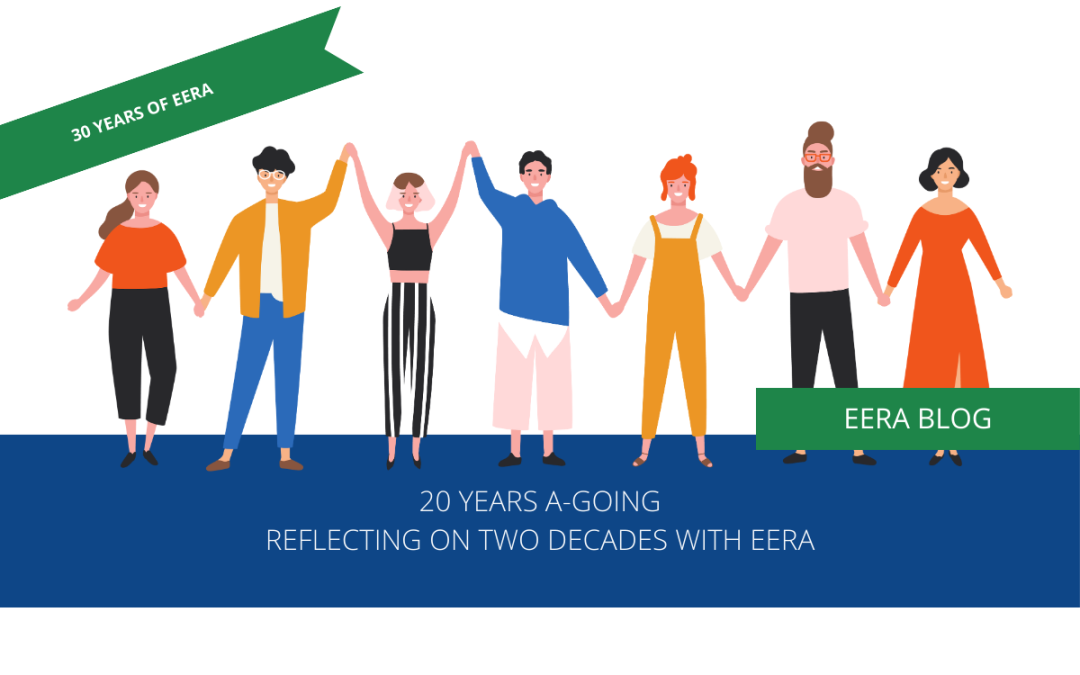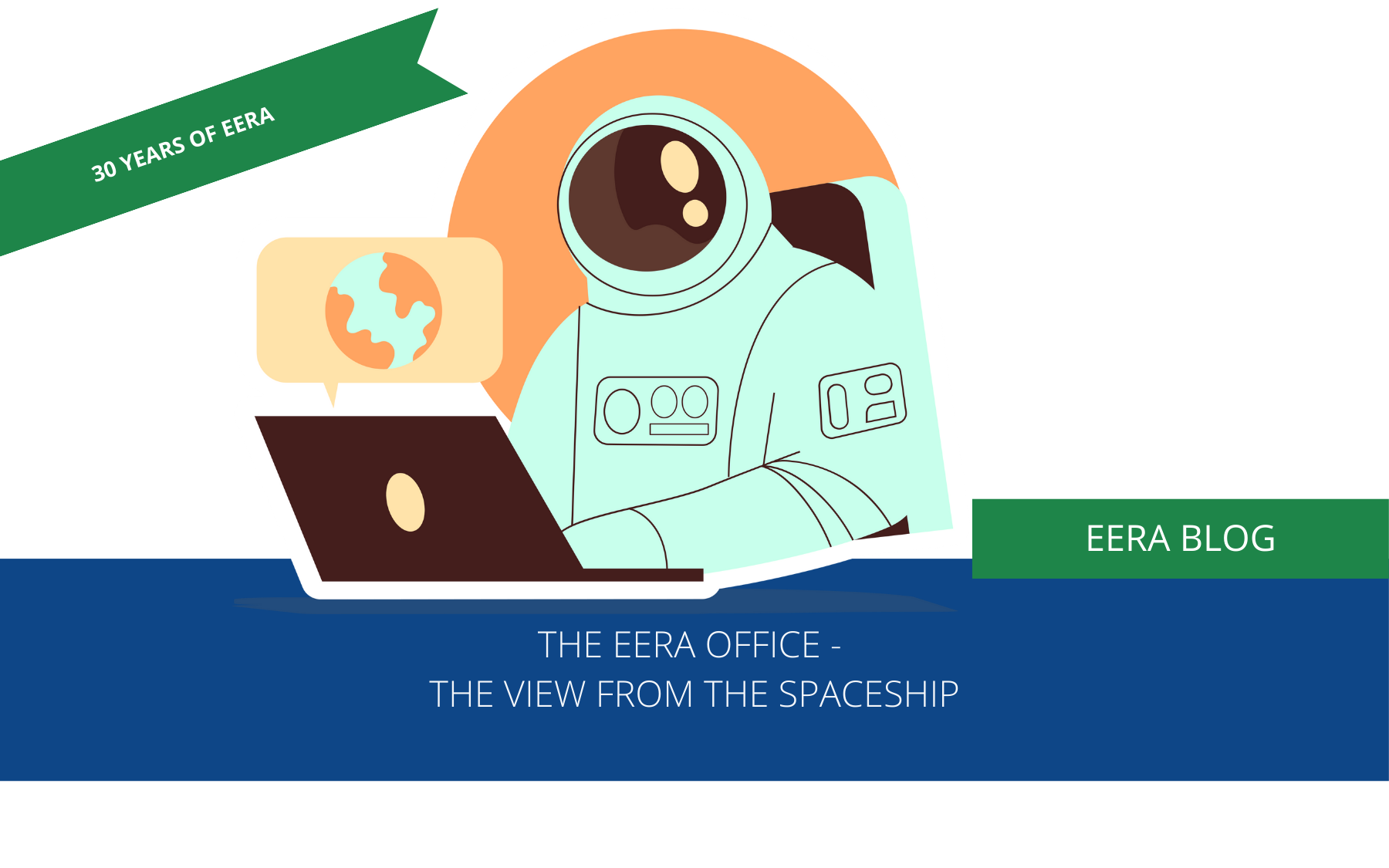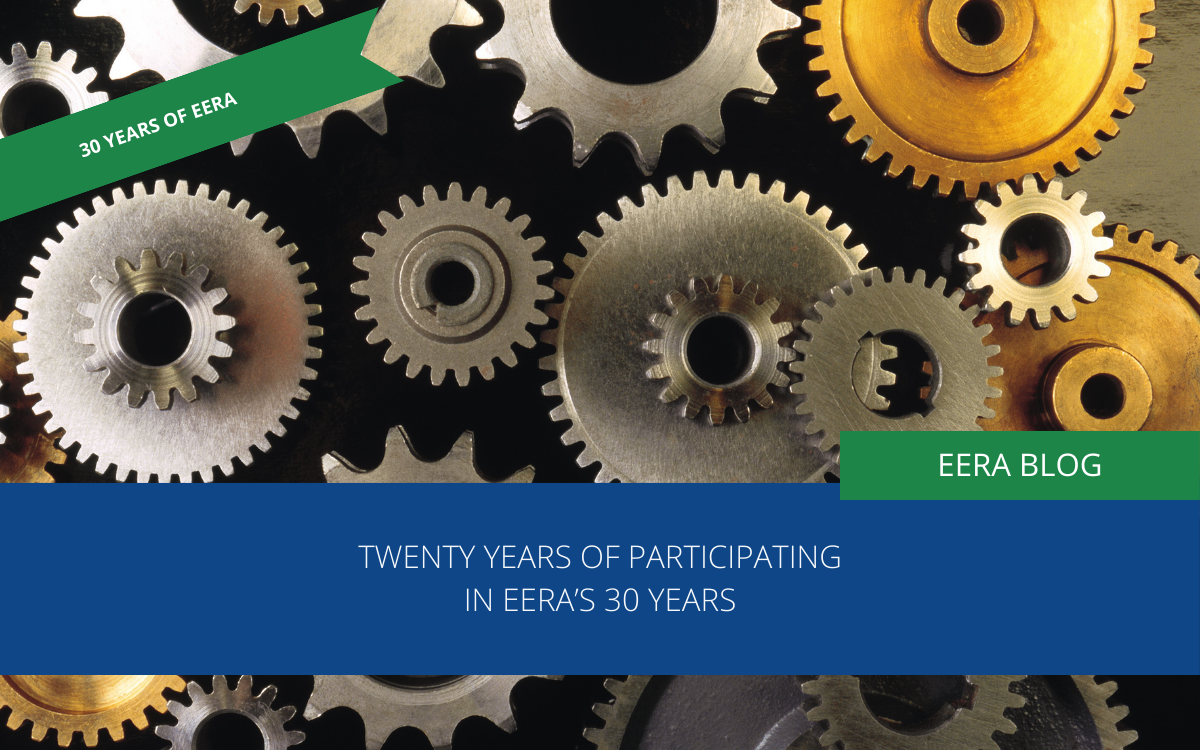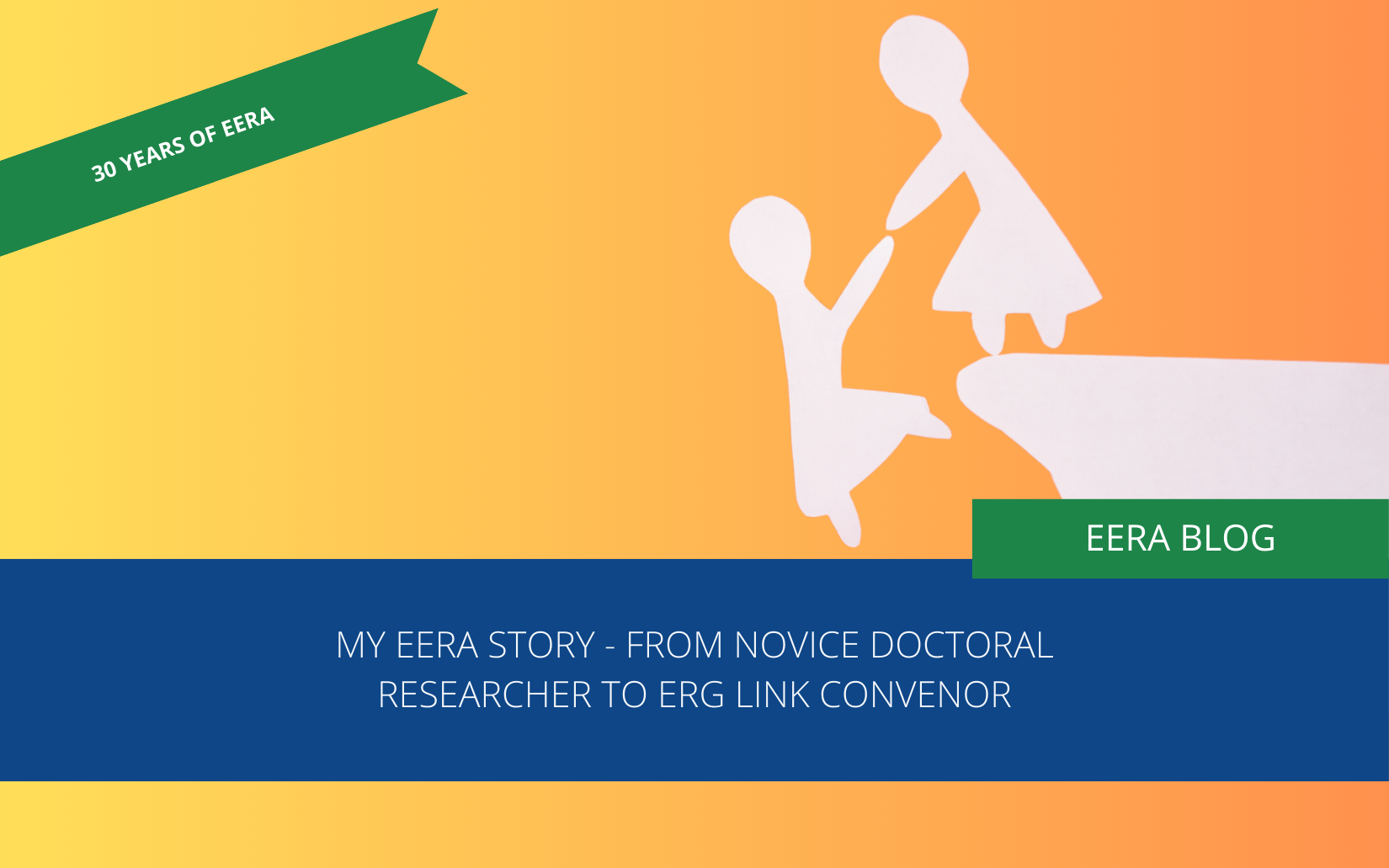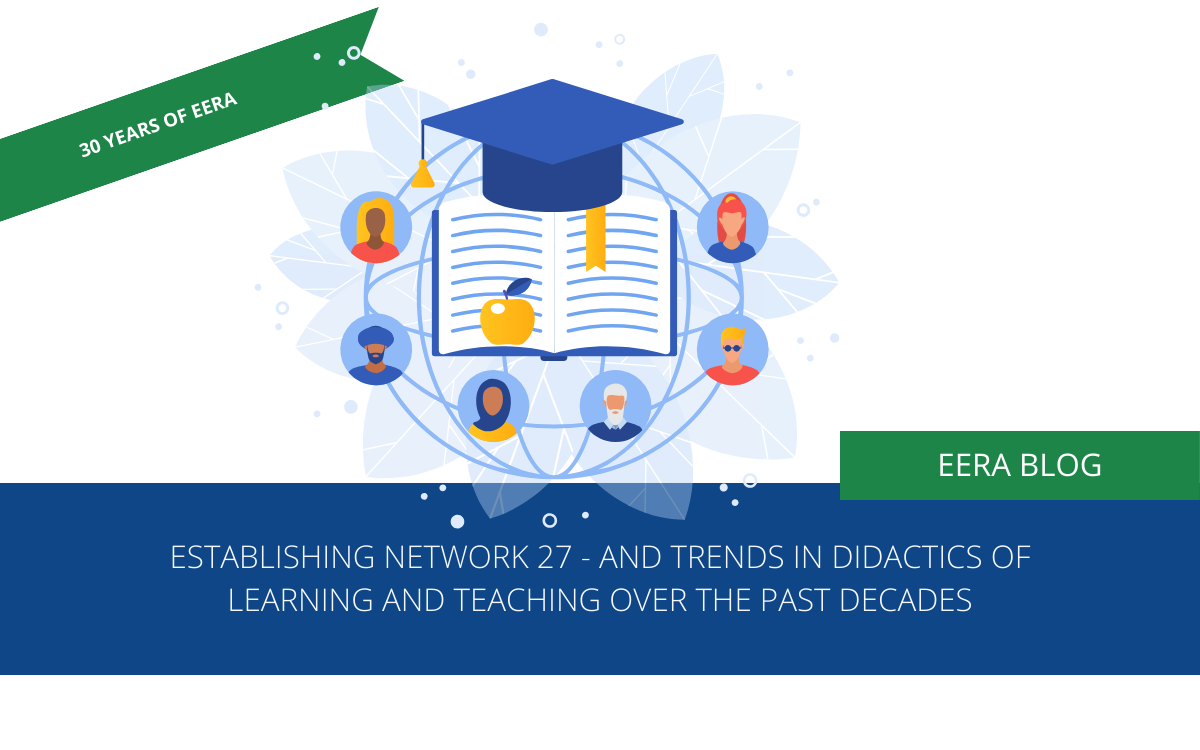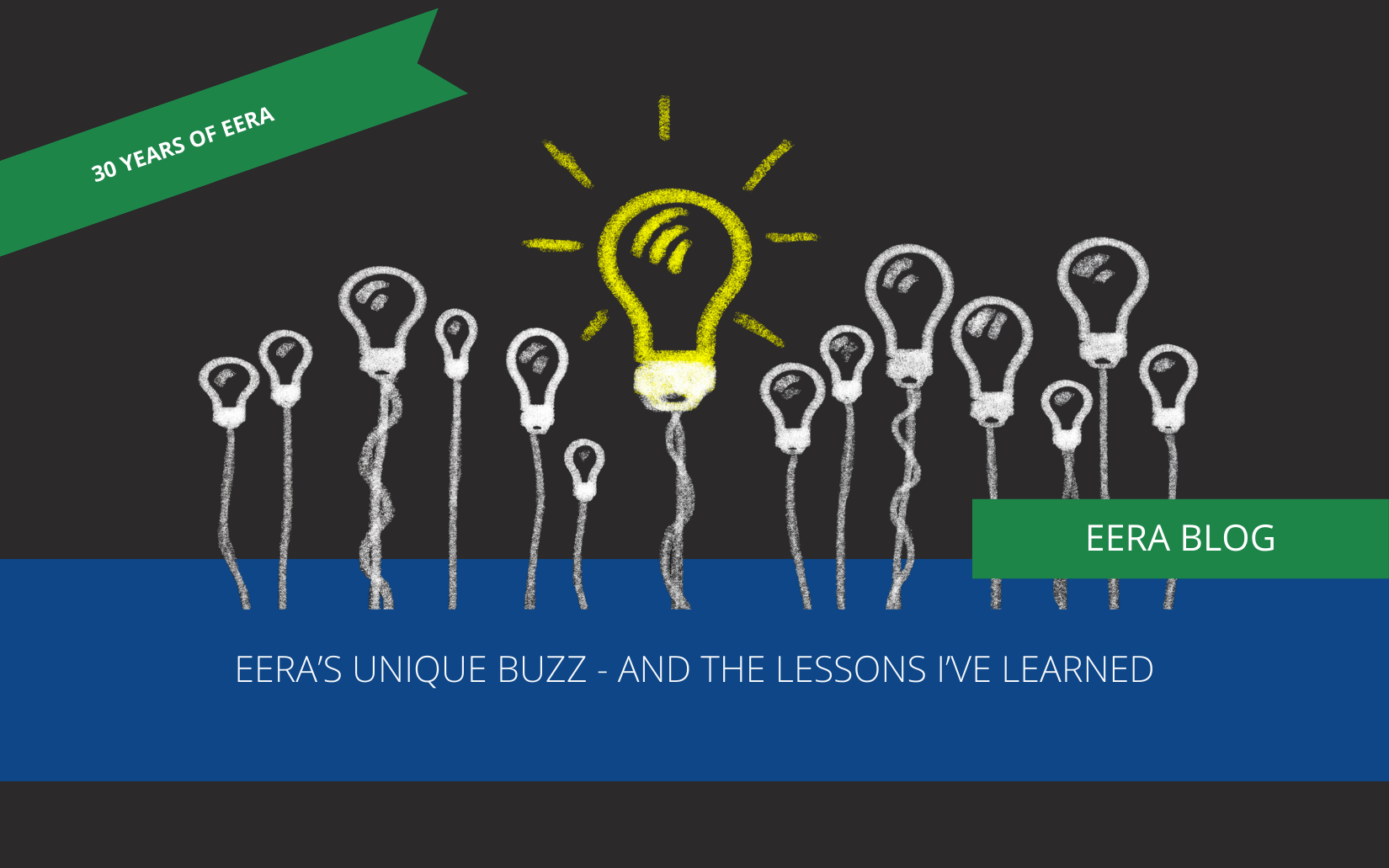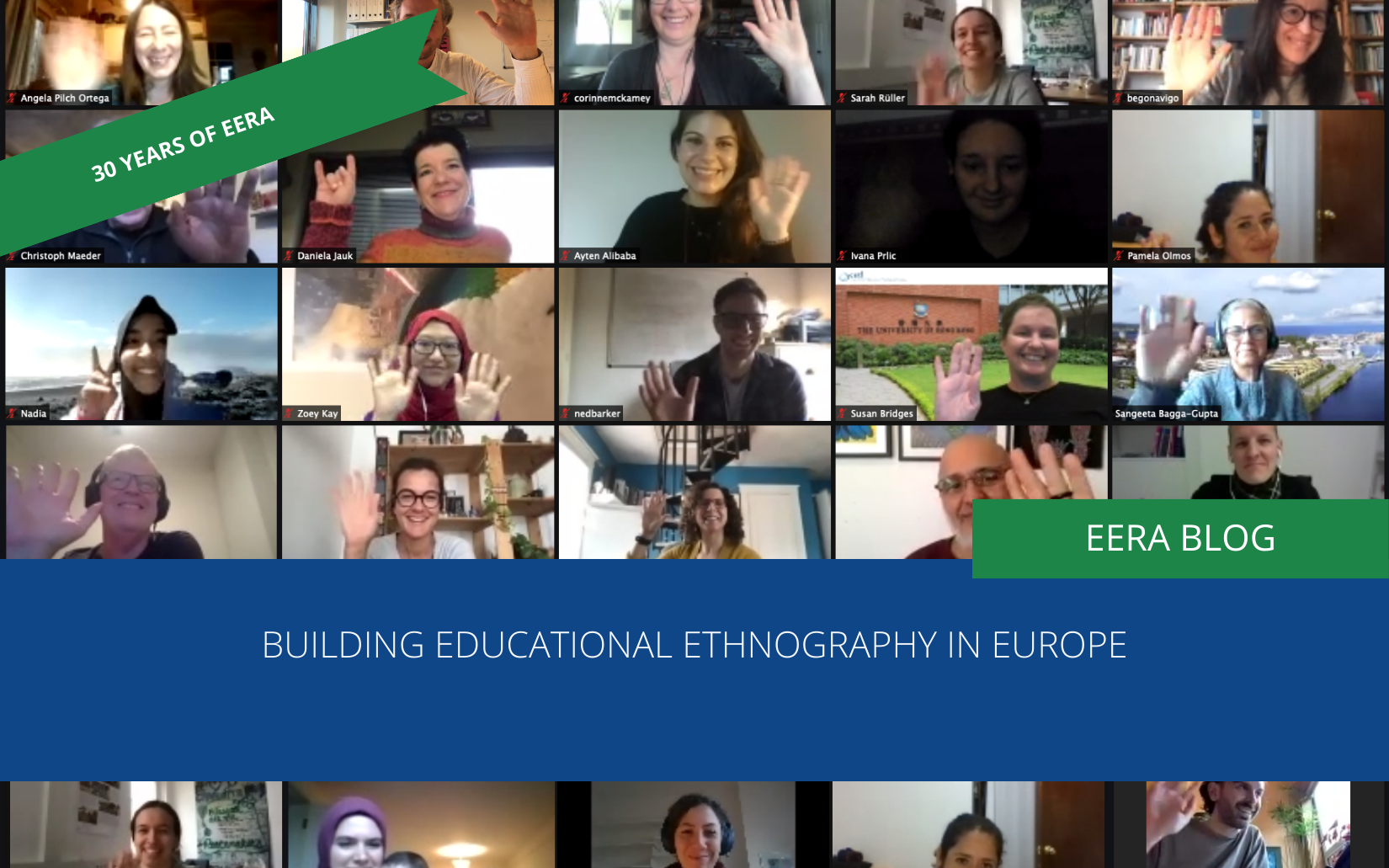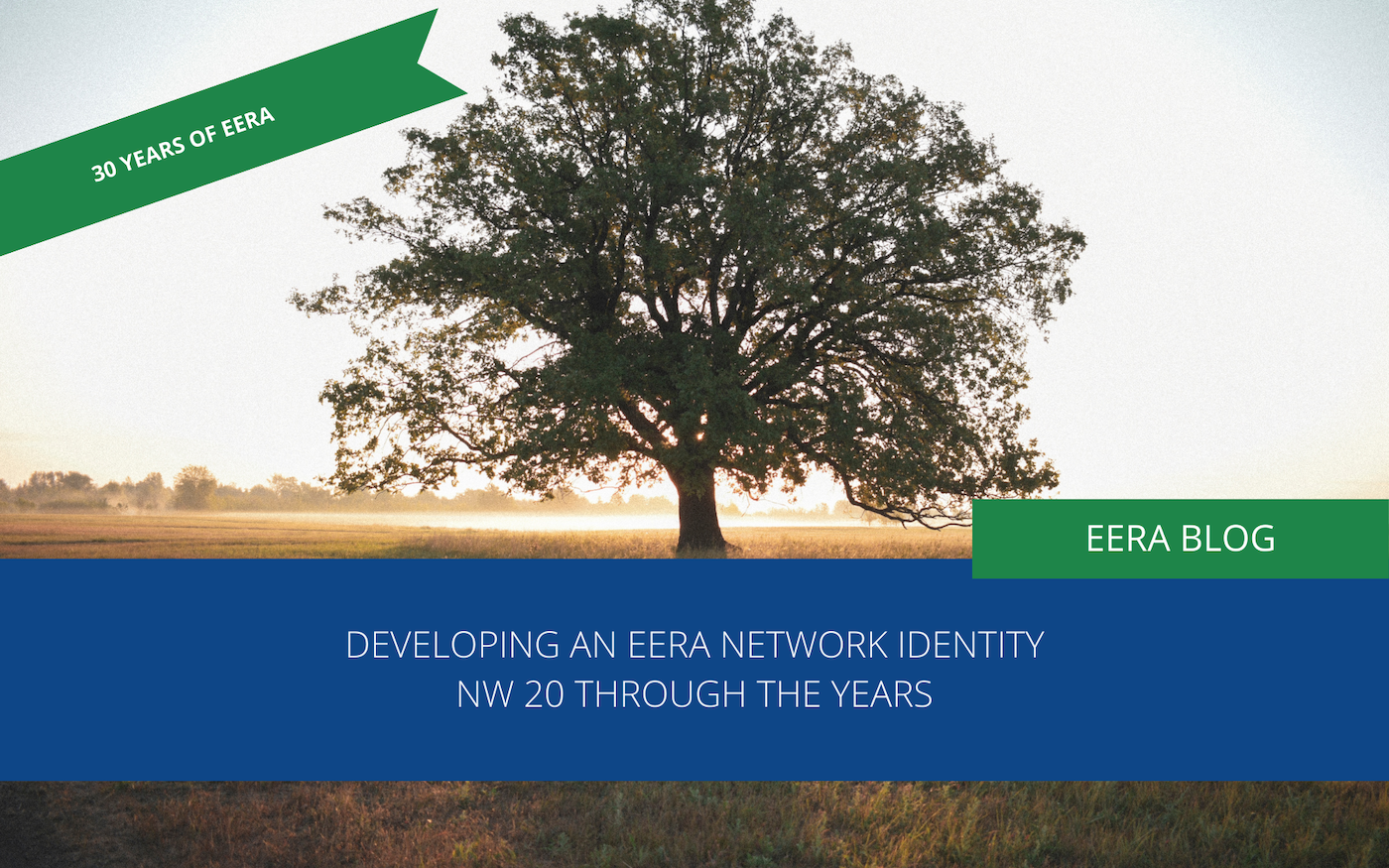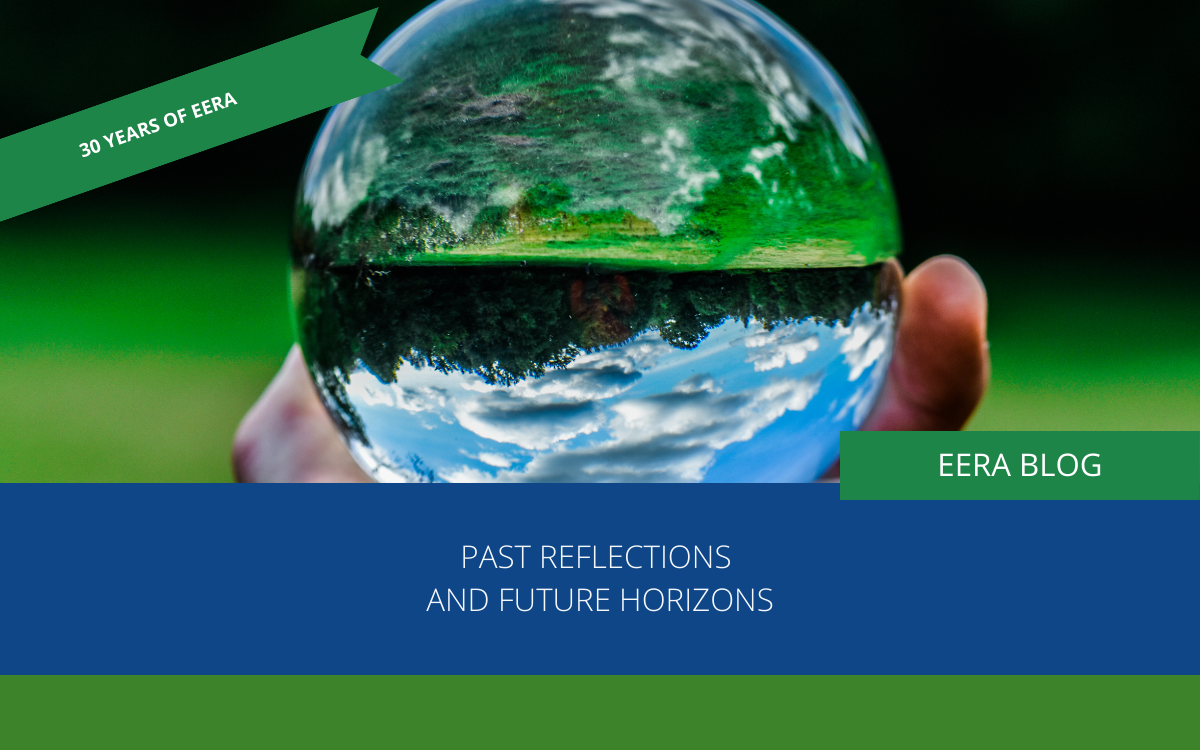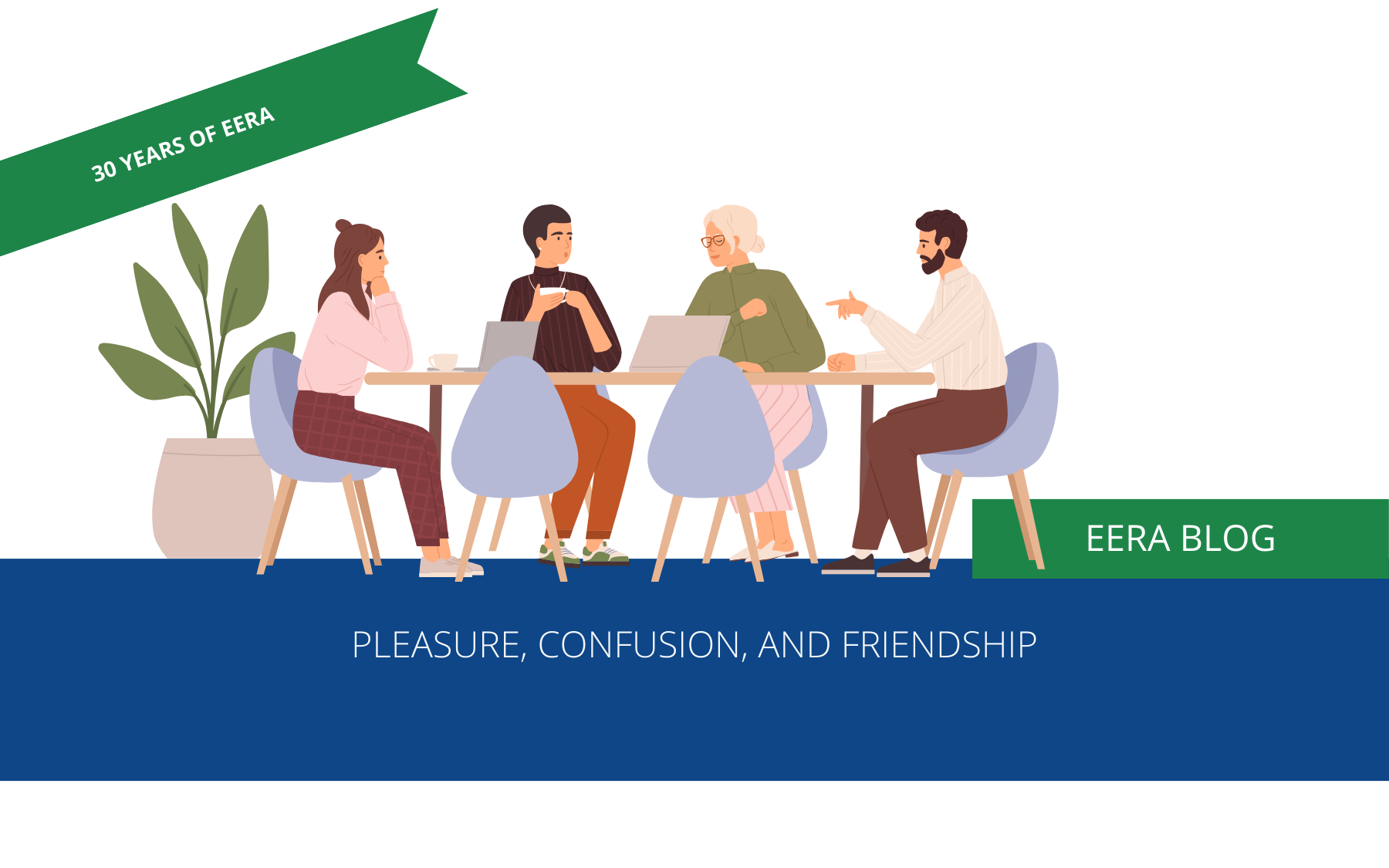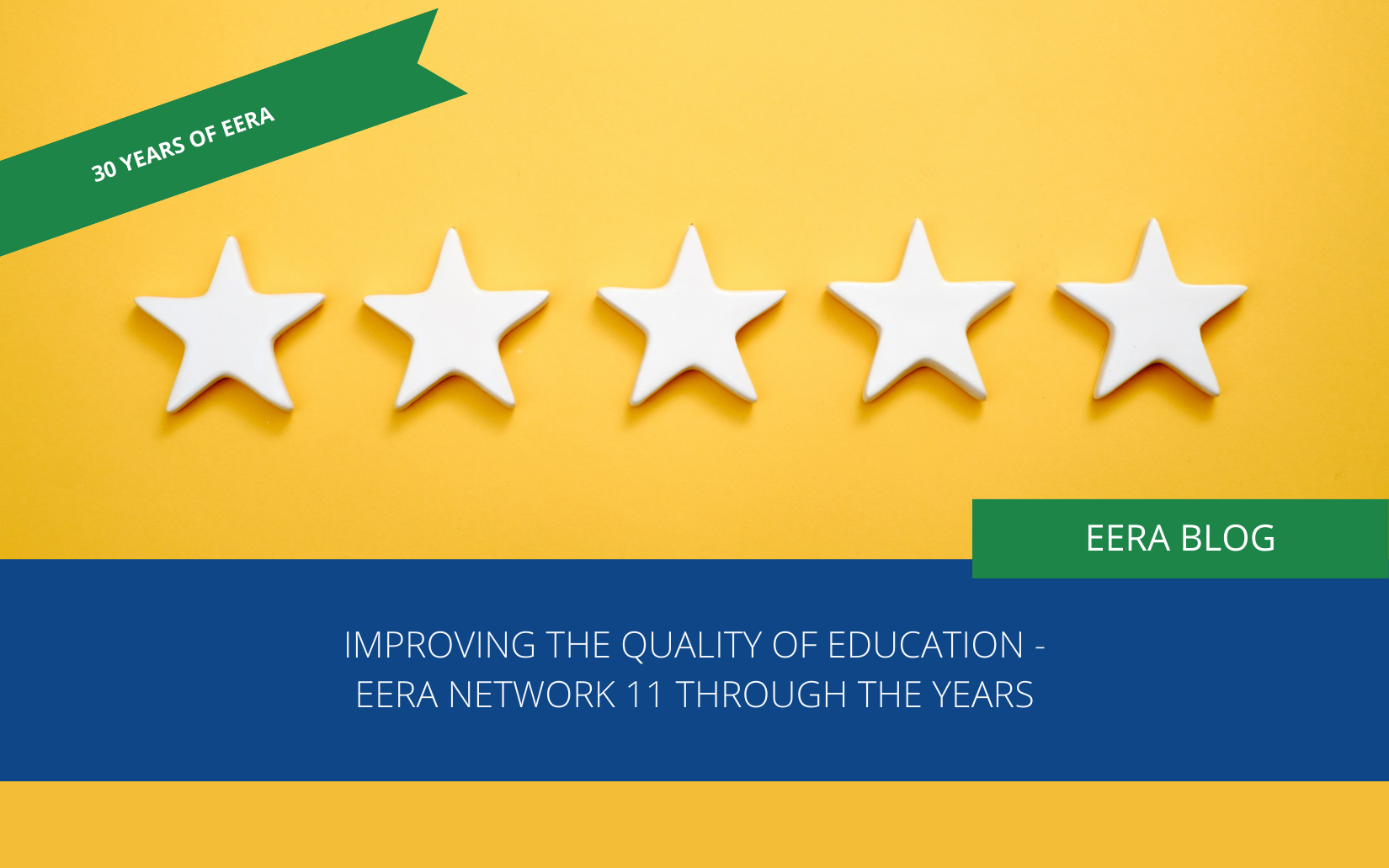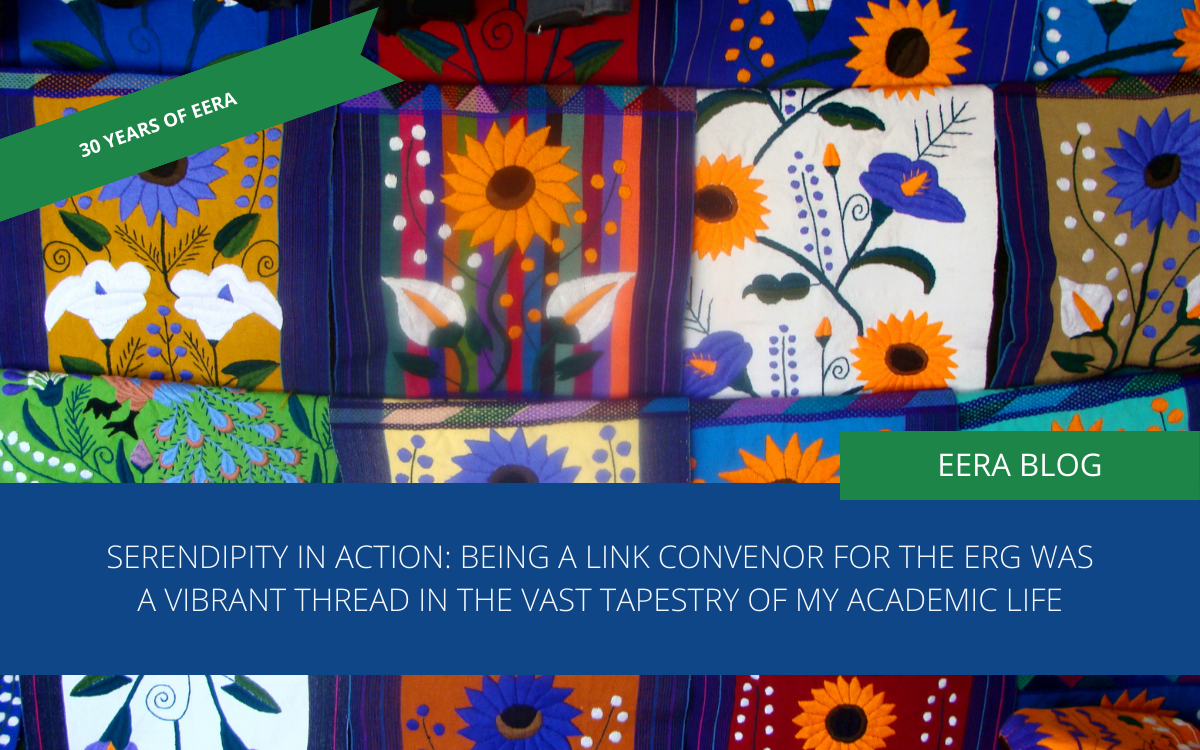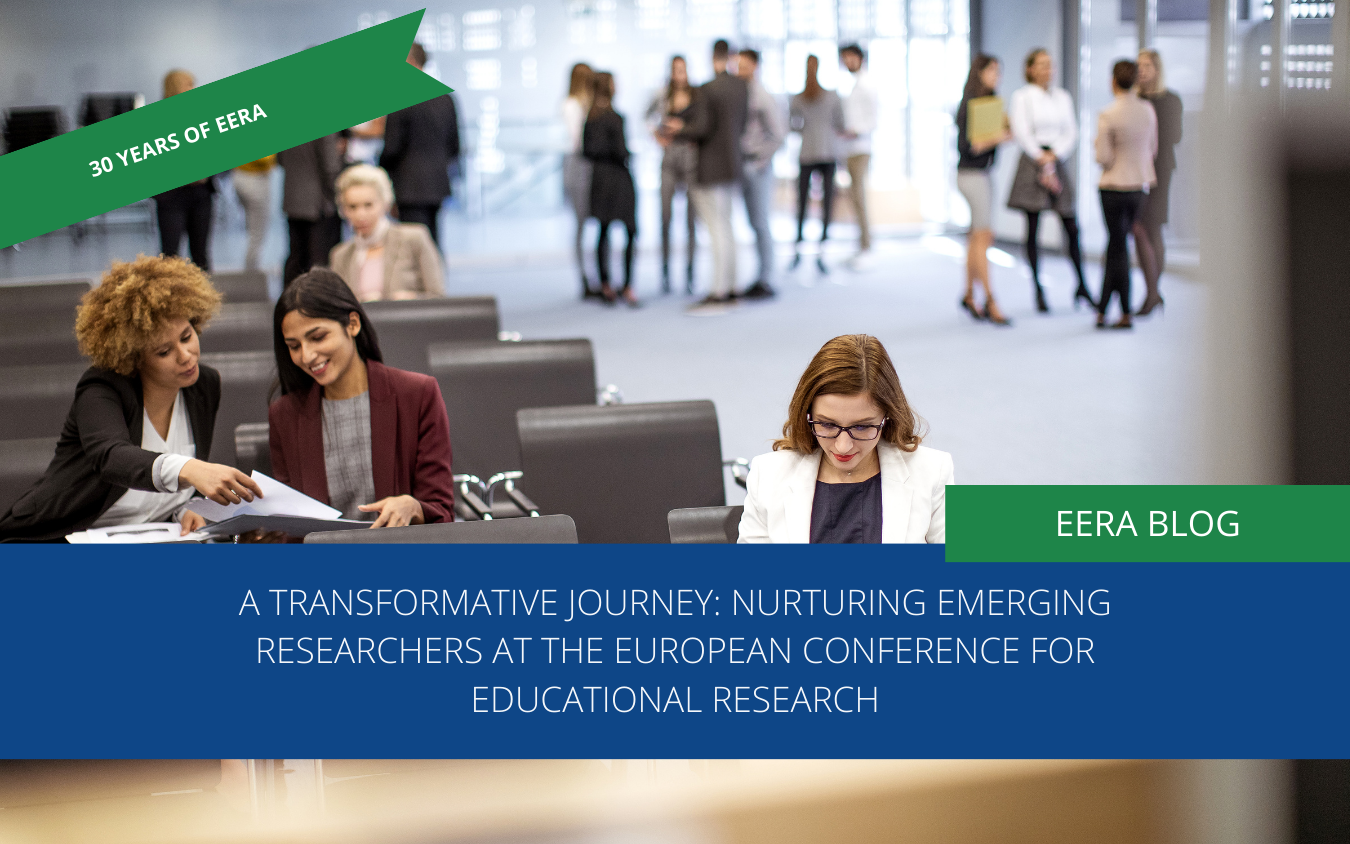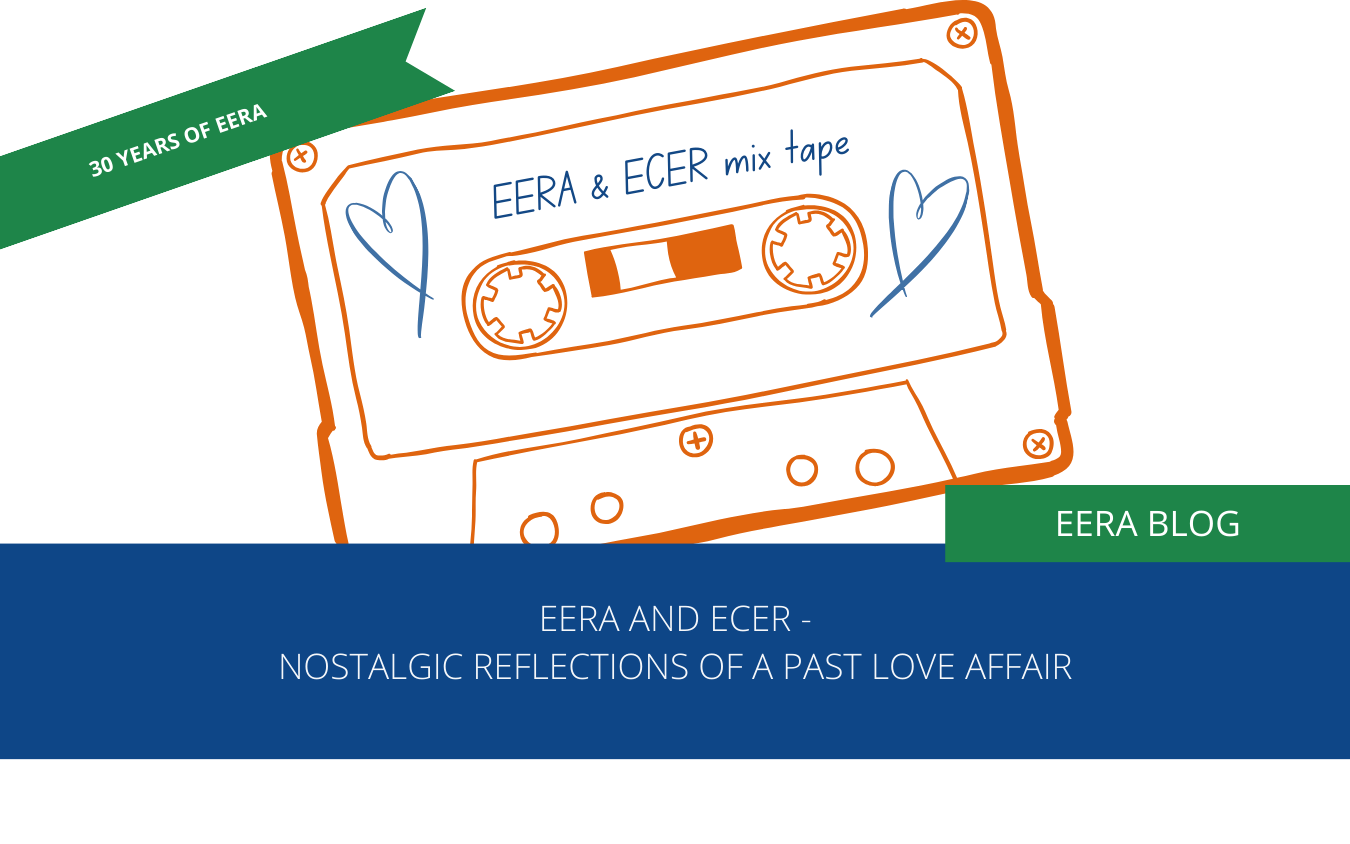EERA is celebrating 30 years in 2024, and as part of our anniversary celebrations, we have invited people who have been at the heart of the association to share their memories and reflections. In a series of blog posts, which will run throughout 2024, we will share those precious memories, from the people who helped foster the global EERA community.
In this blog post, Past President, Professor Joe O’Hara takes a walk down memory lane to celebrate EERA’s 30th anniversary, and reflects on the developments and achievements of the organisation.
I consider it one of the great privileges of my professional life to have been involved with EERA in a number of roles for nearly two decades. I started as a member of the Local Organising Committee (LOC) for ECER 2005 in Dublin, represented the Educational Studies Association of Ireland (ESAI) on Council from 2008-2011, and ultimately served as EERA President from 2018 – 2023. During this time, I experienced EERA grow in size and complexity and respond to a series of extraordinary external pressures –a global financial crisis, a global pandemic, and the re-emergence of armed conflict on our continent.
As an Association, we showed resilience, compassion, commitment, and a confidence that education and educational research had a role to play in the wider development of our continent. This understanding, perfectly summarised by our statement of intent to engage in ‘educational research for the benefit of society’, was the guiding principle of our collective work and saw us develop into an Association that represented educational researchers from across Europe and beyond. Ultimately, I feel that it was this commitment to a collective engagement and understanding that our work is a shared endeavour, based on common values and principles that allowed EERA to become what I consider to be the premier educational research association in Europe and one of the most important advocates for educational research globally.
ECERs over the years – always local, always real
So, what are the standout moments for me over my nearly two decades of EERA work? The first has to be the sheer excitement of hosting the first ECER in Dublin back in 2005. ESAI was a relatively new member of the EERA at that point, and the opportunity the conference gave us to engage with researchers from across Europe in our ‘home town’ was wonderful. We were determined to take the opportunity to ‘put our best foot forward’ while at the same time anxious to grasp the opportunities provided to learn from and network with thousands of colleagues from across Europe. We were also, frankly, a bit nervous both in terms of our capacity to organise, but also about our position within this new community of colleagues. I have seen this dynamic repeat itself over and over again in my time with EERA.
At almost every ECER – and in particular, for colleagues from smaller or more geographically dispersed contexts – there is a huge, often self-generated, pressure to make sure that everything works perfectly and that the richness, dynamism, and particularity of their research and research context is brought to the conference attendees. This has resulted in brilliant local panels, exceptional local keynotes and an enormous range of unique social and cultural events – from ceilidh dancing in Glasgow, to music in the park in Yerevan, from taking over the botanic gardens in Berlin to experiencing the wonderful Casa da Música in Porto. At the heart of all of these experiences was a connection with the local that provided a unique lens from which to view our collective work for the short period of time that ECER was in town. In my opinion this would be impossible without our commitment to hosting conferences in Higher Ed institutions. While it can be logistically challenging, it provides each ECER with a unique local character and allows for a real and genuine engagement with our hosts. Not for us a soulless conference centre, we prefer the slightly dodgy wifi and the challenging air-conditioning – it keeps things real!
The creation of the Executive Board
Another key moment for me in the development of EERA was the transition to the new organisational structure involving the creation of the Executive Board in 2010. While this might seem a little esoteric, it did allow for a structure to emerge that saw decision-making streamlined and allowed the Association expand to one that could comfortably encompass 34 Academic Networks, 42 Associations from 37 countries, and regions representing over 20,000 researchers – as I loved repeating at any public event where I represented EERA.
When I first joined the Council, much of the work subsequently undertaken by the Exec was completed by the full Council. This led to dynamic, intense, and at times, dramatic debates, which were great fun and mostly hugely productive. It also led to meetings that could see a small agenda item dominate to the detriment of larger, strategically important issues. Striking a balance between dynamic engagement and efficient operation is a difficult one – and I am not necessarily sure if we manage it all of the time. To be honest, at times, I missed the freewheeling and passionate debates at Council, but I don’t know how we could have managed to keep the Association operating at the level that it did during the challenging times we experienced without the Exec structure. And here I have to pay tribute to all of the people who have served and serve on the Executive Board. All have busy professional lives, all have a range of personal and other commitments that draw on their time, yet each of them committed and continue to commit many hours of voluntary work to debate, discuss, and offer ideas for decision to the Council that have allowed EERA grow and develop. We really would not be where we are without them.
The EERA office in Berlin
When I think of those individuals who are central to the ongoing success of EERA, it is impossible not to recognise the centrality of our colleagues working in the Berlin Office. Simply put, EERA in its present form would not exist without the commitment, professionalism, and sheer hard work of the small professional team based in Berlin. Led by the exceptional office manager – in reality our Chief Operations Officer – Angelika Wegscheider, the current team of Daniela Preis, Doretta Dow and Jenny Berger are the foundation for nearly everything EERA does. With a combination of exceptional competence, good humour, and commitment, the Office team skilfully manage the often unfocused and unrealistic demands of we temporary EERA representatives in a way that keeps our fragile egos intact while at the same time ensuring that we do no lasting damage to the Association.
Being EERA President in turbulent times
Of course, when I think back on my time with EERA, the key period for me was my period as President from 2018 -2023. In normal times, taking on the leadership of such a systemically and professionally important organisation would be intimidating. In reality, the period of 2018 -2023 was anything but ordinary. The sudden emergence of the COVID-19 pandemic in 2020, followed by the invasion of Ukraine in 2022 seemed, at the time at least, to offer existential challenges to EERA. Would we be able to survive in a situation where we did not meet together at a conference? Could we keep our community together? Could we support colleagues who were experiencing violence and war a few hundred miles from our Berlin office? What does it mean to speak about doing research for the benefit of society when society was buckling under the pressure of pandemic and war? How could we individually and collectively bring our professional skills to support education systems that were under extraordinary pressure to, for example, transition online, refocus assessment systems, and create and maintain a sense of safety and well-being for students across the continuum of education? Well, and I still find this extraordinary in some ways, we did. EERA not only survived all of these challenges – I have a strong sense that we emerged and are continuing to emerge as a more dynamic and united Association. How did we do this?
How EERA thrived – and what the future holds
Well, in some ways, the earlier sections of this blog hint at the context that allowed us to survive and thrive. At a strategic level, the decision by the previous Exec to create a reserve of a year’s conference income was an inspired one. This ensured that we had the resources to continue to operate EERA and even to expand what we did in these unusual times. The flexibility and the willingness to innovate shown by our Networks also meant that we were able to maintain a strong academic focus and continue to facilitate the maintenance of our diverse academic community. We were also enormously lucky with the generosity and commitment of our local hosts, who did all they could to make sure that the concept and reality of ECER remained. Starting with our Glasgow hosts in 2020, who facilitated the cancellation and rescheduling of their conference, to our Geneva hosts in 2021, who hosted the first-ever ECER online event – complete with online social events and ECER cooking classes in the kitchen, and our hosts in Yerevan in 2022, who not only took the risk of bringing us together in person, but also enabled the organisation of our first hybrid conference – each national organiser demonstrated the commitment of the local to make the collective work. This was facilitated by our colleagues in the Office and Networks, who mastered the art of organising online, hybrid, sequential, and mini-conferences almost overnight.
This dynamic of caring engagement and shared values also underpinned the complex and difficult discussions around the invasion of Ukraine. We were faced with a situation where war had returned to our continent, which directly involved two of our member associations – a genuinely unprecedented situation. However, thanks to the shared values and culture of open discussion that has always been at the heart of EERA, we found a way to keep our community together in a manner that re-iterated our commitment to a common set of beliefs and commitments, and resulted in the publication of what I consider an important statement of intent. We were also able to find the resources to support educational research in Ukraine in a meaningful way, that gave agency to our colleagues in UERA, and allowed them to continue to provide support to their fellow citizens through their work as educational researchers.
So, twenty years, a pandemic, over 100 EERA meetings, 19 conferences, the opportunity to address 13 National Associations, and thousands upon thousands of photos later – what have I learned? It is not a very original thought, but fundamentally, EERA is about community. We are, to coin a phrase, greater than the sum of our parts. The reason for this is the exceptional commitment from all involved – from Office, to Networks, to Council etc. Collectively, we do things that are important and innovative, and we really do engage in educational research that benefits society. We also have fun. Long may this continue.
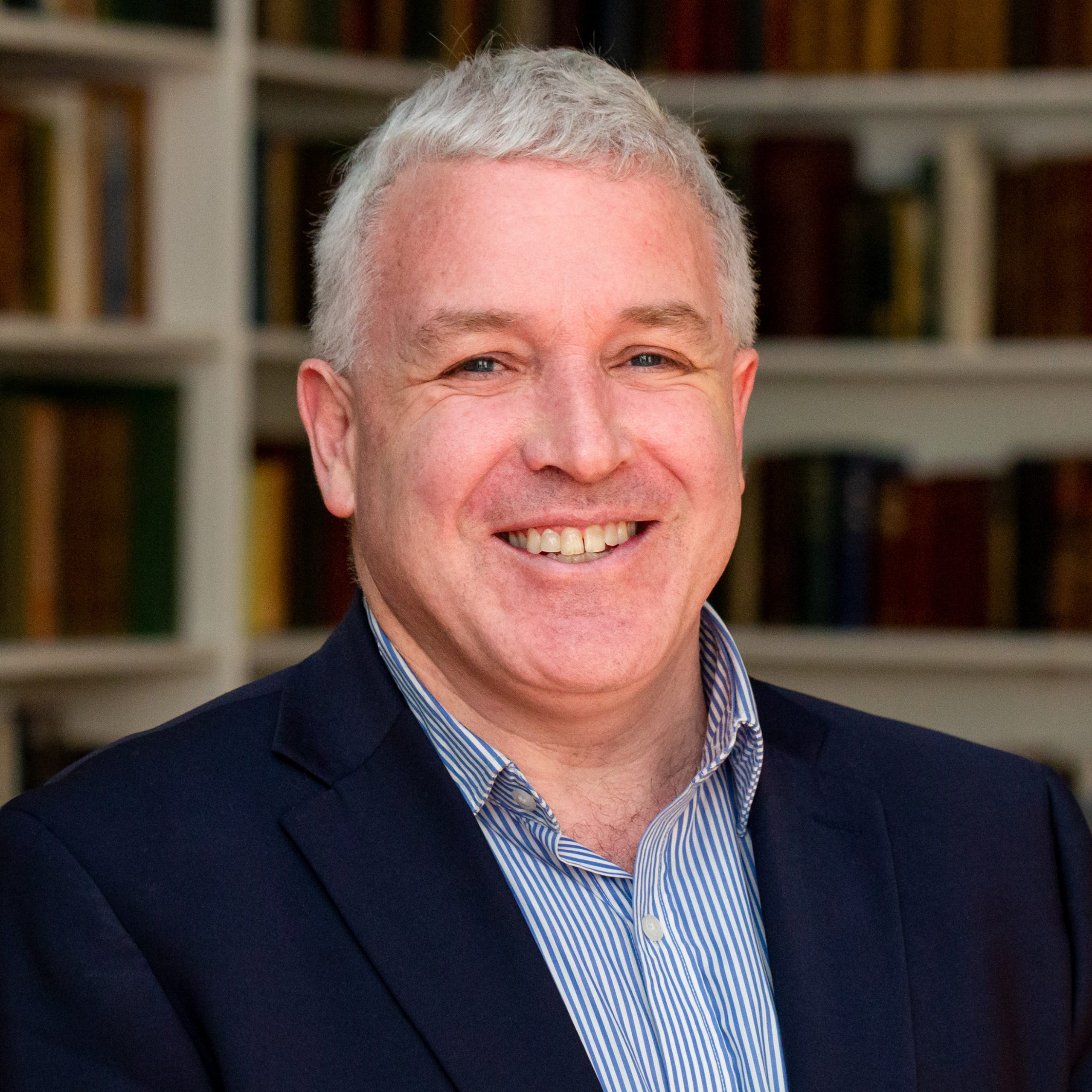
Professor Joe O'Hara
Chair of Education, Dublin City University
Joe O’Hara is Professor of Education and is a member of the School of Policy and Practice in the DCU Institute of Education. He is Co-Director of EQI- The Centre for Evaluation, Quality and Inspection and a member of the Centre for Culturally Responsive Evaluation and Assessment at the University of Illinois at Urbana Champaign.
Joe O’Hara is a Past President of the Educational Studies Association of Ireland and was a member of The Teaching Council of Ireland from 2012-2016. He represented Ireland on the Council of the European Educational Research Association from 2008 to 2013 and was President of EERA from 2018-2023. Joe O’Hara is President-Elect of the World Educational Research Association.
Twitter: @joeoharadcu

